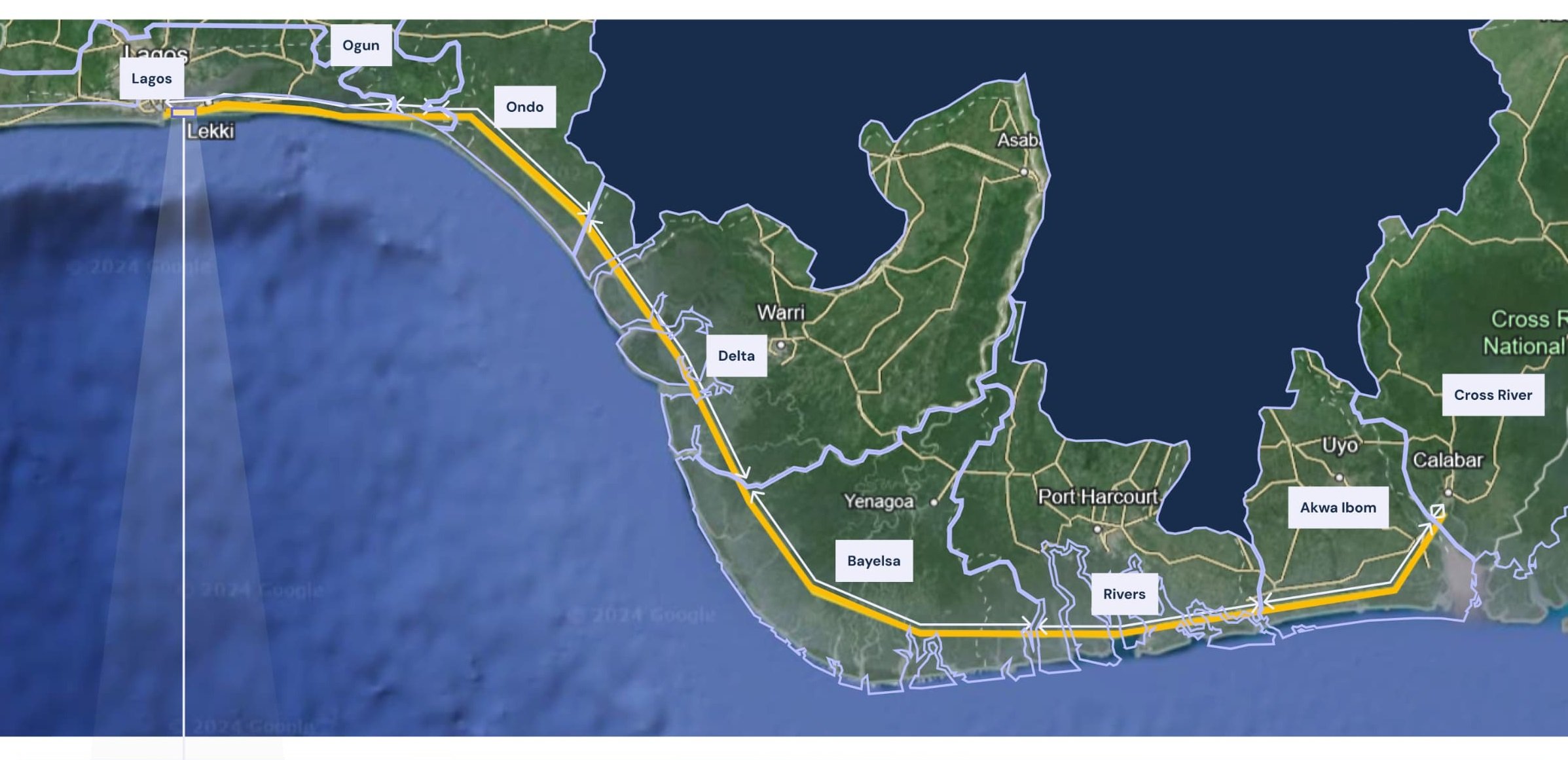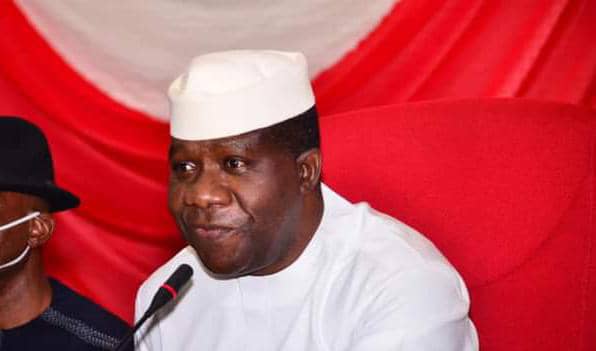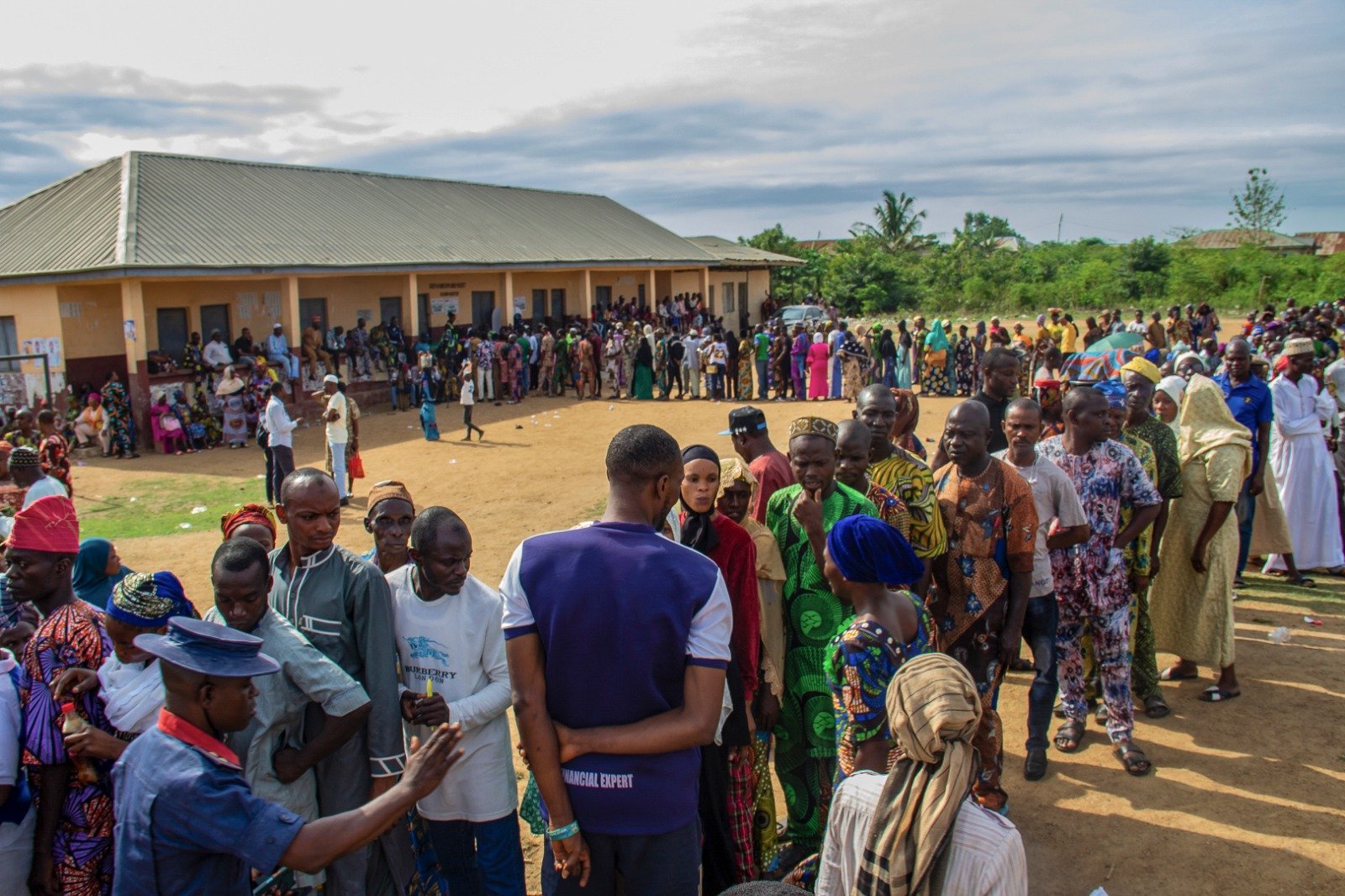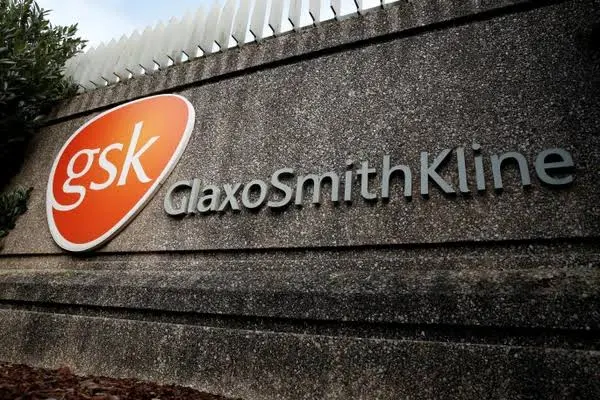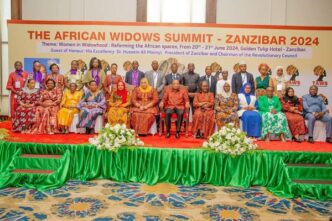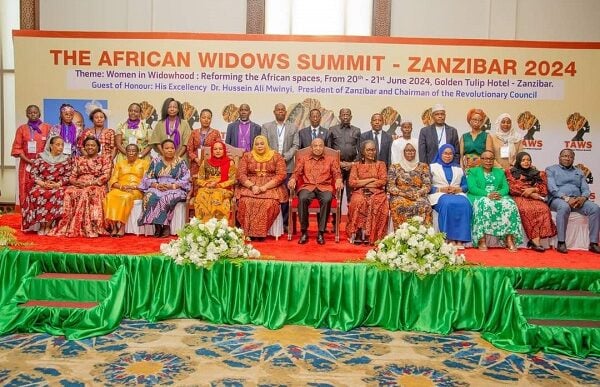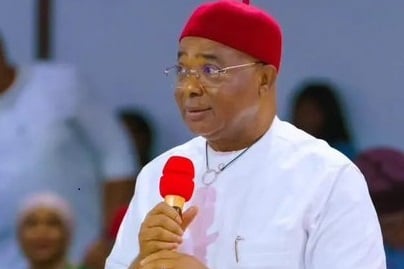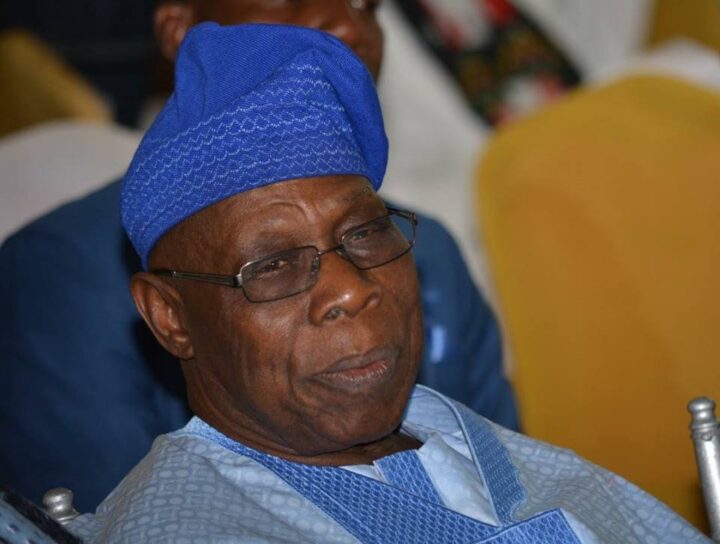Coastal highway to connect seven sates
BY BASSEY ETUKUDO
The Lagos-Calabar coastal highway has come under focus for some time now. A 731.5-kilometre road that will link all the coastal states from Lagos state to Cross River state, traversing Ogun, Ondo, Edo, Delta, Bayelsa, Rivers and Akwa Ibom states, it is easily a signature project of the Bola Tinubu administration.
To be clear, the coastal highway project has been in the news on and off since the First Republic when the then finance minister Chief Festus Okotie-Eboh mooted the idea of a limited version covering the Niger Delta states. It was again mentioned in the immediate past administration of President Muhammadu Buhari when the Niger Delta Development Commission announced its interest in the project with the support of the federal government. However, no administration has picked up the gauntlet to activate and actualise the project as the Tinubu administration has done under its Renewed Hope Agenda.
No infrastructure project can be as ground-breaking and transformational as the Lagos-Calabar Coastal Road. With a provision for a rail line, it will open up the hydrocarbon belt of these coastal states, all of which are oil-producing states to new investment opportunities in refineries, petrochemicals and energy plants. Along with the massive potential for tourism from eco-tourism and beaches, marine investments and new town developments, the highway is a game-changer for the Nigerian economy. This is why it isn’t easy to understand why some people prefer to play politics with an investment that holds such massive opportunities for Nigeria’s sustained growth by opposing the decision of the federal government to commence the project.
Advertisement
All over the world, developed economies find a way to envision and finance projects that expand their economies, creating new growth opportunities and opening up new frontiers to development. Even in tough economic times of tight money supply, the role of government to stimulate recovery through infrastructure spending cannot be downplayed. This is the basic idea behind the success of the Keynesian school of economics by John Maynard Keynes who advocated for targeted spending to get an economy out of the woods. That is the philosophy behind the coastal highway being constructed between Lagos and Calabar.
There have been worries about the cost of the road, which is estimated at N15 trillion, especially because of the country’s current economic difficulties and huge debt profile. Some critics have also pointed to issues such as the selection of the contractor; allegations that an environmental impact assessment (EIA) was not done; and the sum of N1 trillion paid to the contractor. On the cost, it is important to note that the Lagos-Calabar Highway is a greenfield road, which will traverse some of the harshest terrains in Nigeria, the swampy coastal belt, with several bridges along the route. This informs its huge construction cost.
While the cost is seen as high, the fact of the matter, as works minister Dave Umahi has stated on several occasions, is that the federal government will only bear a fraction of that cost as the project will run under the EPC+F (engineering, procurement and construction plus financing). This unique model ensures that the contractor sources the funds for the job, aside from the counterpart provided by the federal government, part of which has been paid to ensure that work commences. The contractor finance model frees up funds for the federal government to deploy to existing roads, where work is ongoing at a commendable pace, ensuring that existing roads are not abandoned. Questions regarding the EIA for the road are misplaced as it has not only been done, it is constantly being reviewed since the road is an organic project and the government is responding to pleas to adjust. Given that the project traverses many coastal states and communities, the EIA will continue and cannot be a one-off exercise.
Advertisement
The pace at which the road project has taken off should be a source of satisfaction to critics and not a talking point for cynics. The government’s decision to pay a counterpart fund of N1 trillion is a testament to its willingness to make the necessary investment to drive the project and the country’s economic recovery, it is not a payment for work that will not be done as happened in the past. This commitment addresses the perennial problem of piecemeal financing of infrastructure jobs, which has made it impossible to finish road projects.
The speed and professionalism in handling the project show an administration intent on delivering on its promises. One other factor that gives hope is the reputation of the works minister who has deployed his expertise as a civil engineer to the infrastructure agenda of the federal government, ensuring that Nigerians get value for their construction naira. Umahi is a thorough-bred and experienced engineer who acquitted himself well as the governor of Ebonyi state where he registered exploits in infrastructure development.
The Tinubu administration inherited an economy challenged on many fronts, especially on the fiscal front where national income receipts have been dropping for many years now. The government has chosen to expand the country’s economy by making much-needed investments in infrastructure such as Lagos-Calabar Coastal Highway to create new opportunities. Already, the FG has got the buy-in of stakeholders across the states covered, and will soon turn the sod on the project from the Calabar end so that work progresses from both ends and the 2031 target for finishing the project is met. It is a commendable initiative and deserves the support of all Nigerians.
Advertisement
Views expressed by contributors are strictly personal and not of TheCable.
Add a comment
